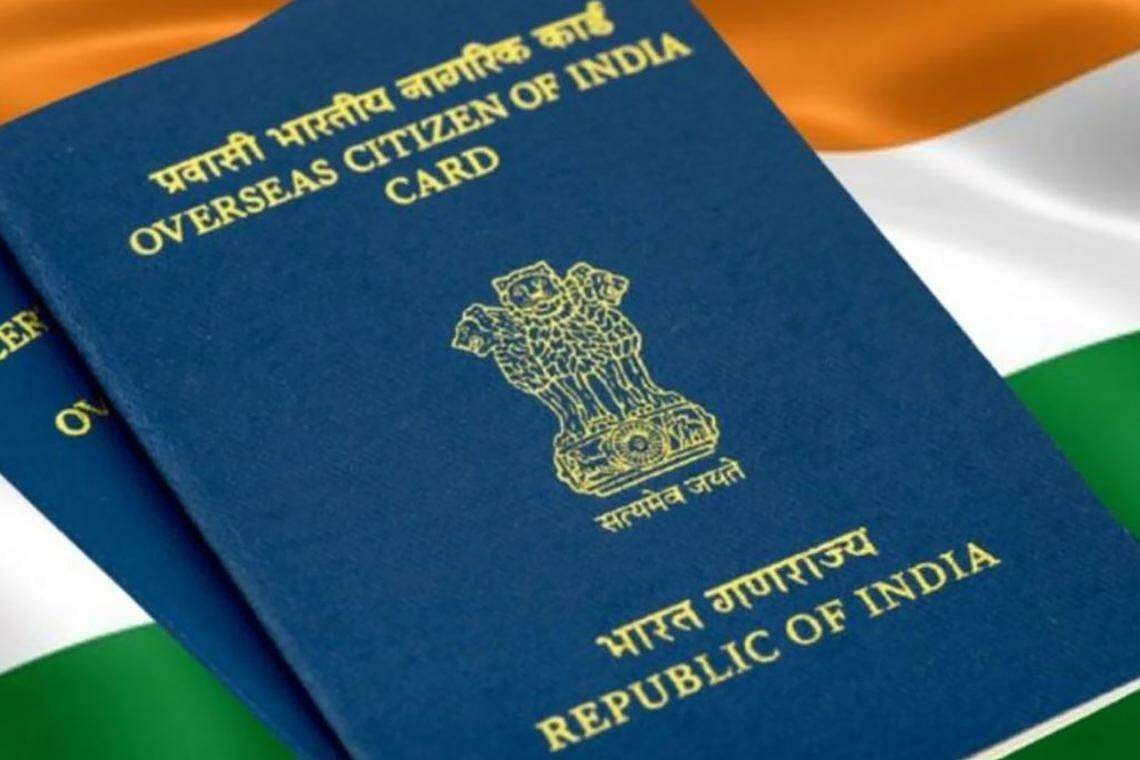For most foreign citizens of Indian origin, the Overseas Citizen of India (OCI) card is an easy mode to enter India at any time.
They do not have to spend time applying for a visa or queueing up to collect one.
“It makes my trips to India smooth,” said a 46-year-old Singaporean-Indian OCI card holder. “It is like my own personal Indian passport; I clear Indian immigration easily whenever I want to go visit my parents and relatives.”
Created in 2005, the mini passport-like document, issued by the Government of India, allows foreign citizens of Indian origin or foreigners married to Indian citizens to enter India without a visa, and to reside, work and hold property, among other benefits.
India created the OCI in 2005 under the Citizenship Act, 1955. OCIs have no voting rights.
More than 4.5 million people across the world are overseas citizens of India. India does not allow dual citizenship, but for long many have believed that the OCI status is effectively dual citizenship without political rights.
OCI is actually a multi-purpose, multiple entry, lifelong visa for visiting India, and highly sought after by foreign citizens of Indian origin.
Those eligible can apply for it online, and it usually takes about 40 days for the card to be issued by the Indian High Commission or Embassy. The fee for Singapore passport holders is $374.
In the past nine years, more than 100 foreign passport holders’ OCI status have been cancelled by the Indian government, according to data that India’s Ministry of Home Affairs (MHA) shared with news website Article14.
According to The Straits Times, since those figures were revealed, many more have been banned from travelling to India or have lost their OCI status.
The two recent cases include academic Ashok Swain, who had been teaching peace and conflict studies for 33 years in Sweden, and French correspondent Vanessa Dougnac, who had reported on South Asia for 23 years from India and received her OCI status as the spouse of an Indian citizen.
In both cases, it appears their OCI status were revoked for indulging in “anti-India activities” and “malicious work” that created a “biased negative perception” of India.
The Indian government can remove the OCI status of individuals if they “express disaffection towards the Constitution... or in the interest of the sovereignty of India, security of state or public interest”.
It has argued in recent years that the OCI status is not a right, but a privilege that can be revoked.
In general, people holding the card in Singapore are not worried that they will fall in the list. “Unless you have been vocal and critical about the policies of the Indian government and resorted to slandering them or the ruling political party, there is no cause to worry,” said a Singaporean-Indian OCI card-holder.
The MHA appears to have taken action against OCIs who have “defamed India” or spread “detrimental propaganda”. Most of these people are reportedly based in Europe and North America, especially Canada.
In September 2023, there were reports of the authorities planning to cancel the OCI status of a dozen people it accused of supporting a separate homeland for Sikhs.
If a person’s OCI card is revoked, he can enter India only after applying for a travel visa, which tends to be denied to those who are blacklisted.
A group of Indian-origin people holding passports of different countries challenged the 2021 OCI amendment in India’s Supreme Court in February that year, arguing that it gave the executive too much power to revoke OCI status for vague reasons – and they were given no opportunity to contest.
The lead petitioner is Dr Radhika Thappeta, a doctor of internal medicine who works in Bengaluru and the United States. She said the petition was to question the lack of judicial process before the OCI status is revoked, and to make a constitutional case that overseas citizenship status should be seen as a dual citizenship.
The petition said the government’s arbitrary powers to revoke the OCI status subjects overseas citizens “to a constant state of hardship, fear and uncertainty”, and has “a chilling effect on OCIs who... cannot express peaceful dissent against the state” or public grievances “out of fear that their overseas citizenship may be cancelled”.
The petition awaits a final verdict.





